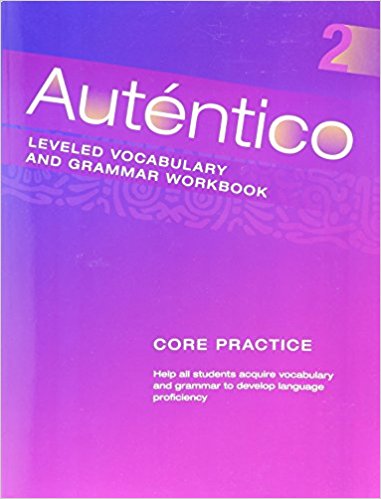
All Solutions
Page 97: Un mal día A
| PRETERITE | IMPERFECT |
|–|–|
| -single action in the past | -Characteristics/descriptions in the past |
| -interruption in the past| – Ongoing activities from past|
| -beginning action in the past | -Past emotions |
| -Arrivals in the past | -Past age |
| -Departures in the past | -Past time/date |
Sentences 1 and 2 read:
*Juanito **woke up** early. **It was** 6 in the morning when he **got up**.*
Write a *P* next to *despierta* and next to *levanta* because Juanito’s waking up and getting up were single, finished actions that happened at specific moments. Such actions call for the preterite.
Write an *I* next to *son*. The imperfect is used when talking about time.
*He didn’t **feel** well. **It seemed** that **he was** very tired.*
All of these verbs describe conditions. Therefore, all of them should have *I* written next to them to indicate the use of the imperfect.
*He did not **sleep** well last night and in this moment he did not **want** to eat.*
Write a *P* next to *duerme* because his sleep had a defined beginning and end.
Write an *I* next to *quiere* because his desire to eat is a condition and should use the imperfect form.
*He **said** that he **was** sick. He still **had** to go to school.*
Write a *P* next to *dice* because it is a single, completed action and should therefore use the preterite.
Write an *I* next to *was* and *had* because they are describing conditions and should use the imperfect form.
*At school **it was** a very ugly day. He **could** not do his homework.*
Write a *P* next to *puede*.
Write an *I* next to *es* because the imperative is used when providing a description.
*He didn’t **want** to go outside because **it was** raining. **He left** early from school and **lay down** when **he got home**.*
Write a *P* next to *quiere,* *sale,* *acuesta,* and *llega* because they are descriptions of single actions and arrivals/departures.
Write an *I* next to *está* because it is describing a condition.
Haven't found what you were looking for?
Search for samples, answers to your questions and flashcards

